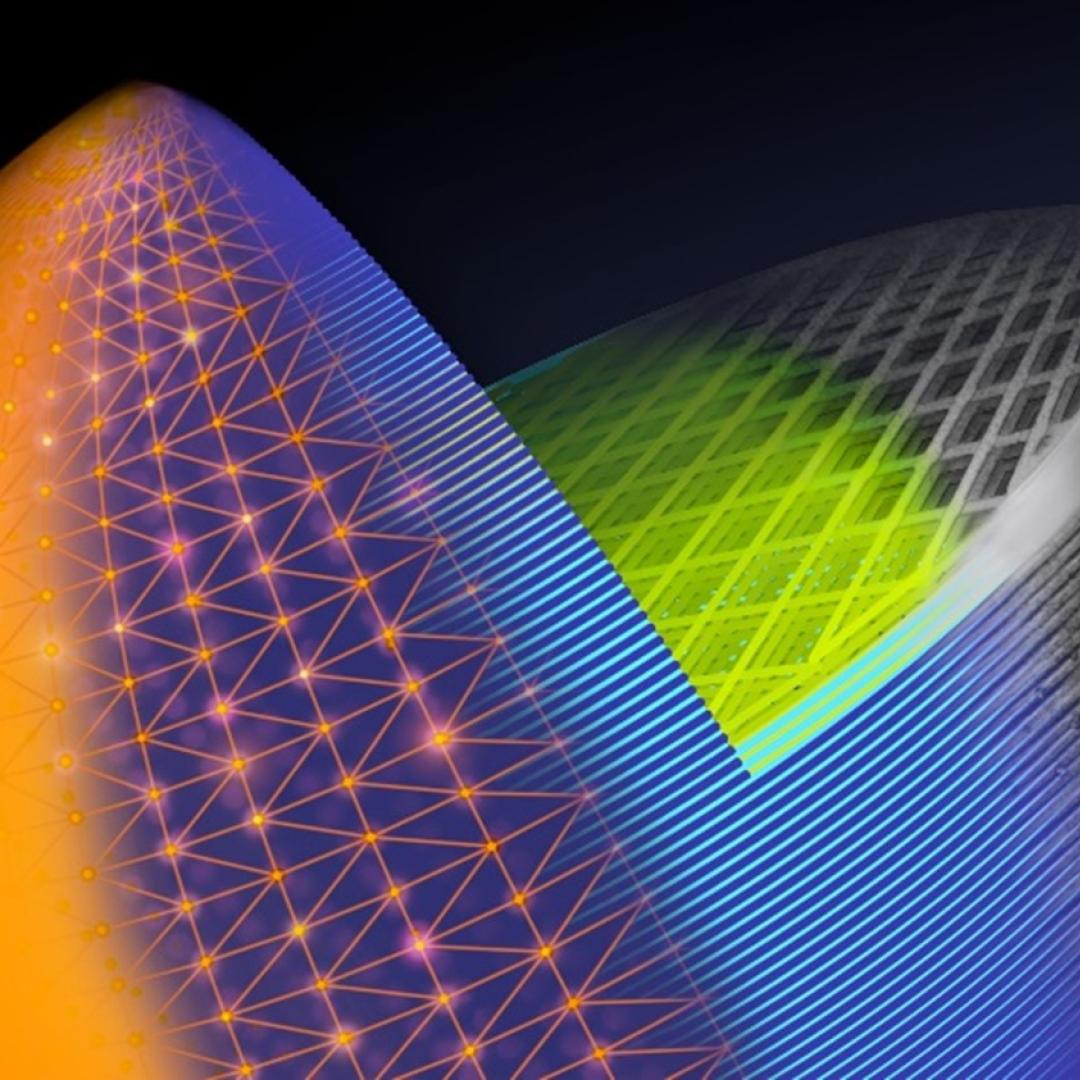
Filter News
Area of Research
- (-) Materials (75)
- (-) Supercomputing (60)
- Biology and Environment (46)
- Biology and Soft Matter (1)
- Clean Energy (53)
- Climate and Environmental Systems (2)
- Computational Biology (1)
- Computer Science (3)
- Electricity and Smart Grid (1)
- Functional Materials for Energy (1)
- Fusion and Fission (2)
- Fusion Energy (2)
- Isotopes (3)
- Materials for Computing (8)
- National Security (20)
- Neutron Science (19)
- Nuclear Science and Technology (7)
- Quantum information Science (3)
- Sensors and Controls (1)
News Topics
- (-) Bioenergy (11)
- (-) Biomedical (16)
- (-) Climate Change (5)
- (-) Computer Science (48)
- (-) Materials Science (50)
- (-) Microscopy (15)
- (-) Polymers (11)
- (-) Security (3)
- 3-D Printing/Advanced Manufacturing (13)
- Advanced Reactors (2)
- Artificial Intelligence (15)
- Big Data (12)
- Biology (8)
- Buildings (4)
- Chemical Sciences (13)
- Clean Water (1)
- Composites (4)
- Coronavirus (13)
- Critical Materials (7)
- Cybersecurity (3)
- Decarbonization (5)
- Energy Storage (24)
- Environment (14)
- Exascale Computing (8)
- Frontier (8)
- Fusion (3)
- Grid (6)
- High-Performance Computing (12)
- Isotopes (8)
- Machine Learning (9)
- Materials (30)
- Mathematics (1)
- Molten Salt (1)
- Nanotechnology (26)
- National Security (4)
- Neutron Science (23)
- Nuclear Energy (7)
- Partnerships (4)
- Physics (19)
- Quantum Computing (7)
- Quantum Science (17)
- Simulation (5)
- Space Exploration (2)
- Summit (22)
- Sustainable Energy (10)
- Transformational Challenge Reactor (3)
- Transportation (8)
Media Contacts
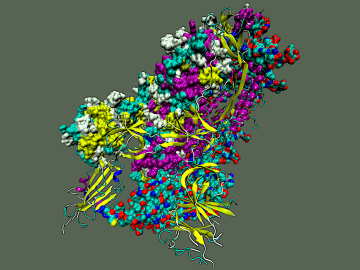
To explore the inner workings of severe acute respiratory syndrome coronavirus 2, or SARS-CoV-2, researchers from ORNL developed a novel technique.

A new version of the Energy Exascale Earth System Model, or E3SM, is two times faster than an earlier version released in 2018.
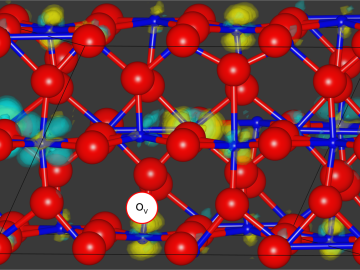
Neuromorphic devices — which emulate the decision-making processes of the human brain — show great promise for solving pressing scientific problems, but building physical systems to realize this potential presents researchers with a significant

Six scientists at the Department of Energy’s Oak Ridge National Laboratory were named Battelle Distinguished Inventors, in recognition of obtaining 14 or more patents during their careers at the lab.

Six ORNL scientists have been elected as fellows to the American Association for the Advancement of Science, or AAAS.
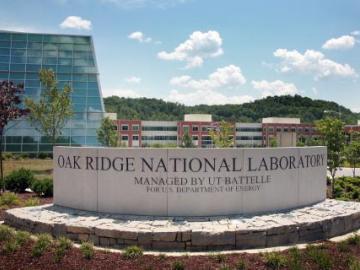
Seven ORNL scientists have been named among the 2020 Highly Cited Researchers list, according to Clarivate, a data analytics firm that specializes in scientific and academic research.
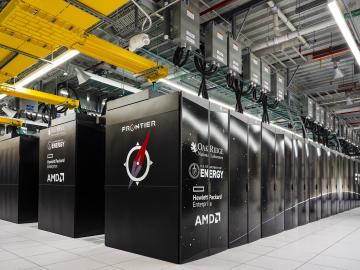
A multi-institutional team, led by a group of investigators at Oak Ridge National Laboratory, has been studying various SARS-CoV-2 protein targets, including the virus’s main protease. The feat has earned the team a finalist nomination for the Association of Computing Machinery, or ACM, Gordon Bell Special Prize for High Performance Computing-Based COVID-19 Research.
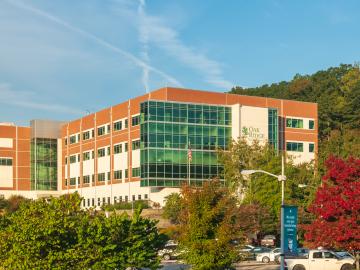
ORNL and three partnering institutions have received $4.2 million over three years to apply artificial intelligence to the advancement of complex systems in which human decision making could be enhanced via technology.
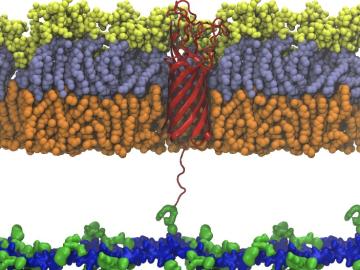
Scientists from Oak Ridge National Laboratory used high-performance computing to create protein models that helped reveal how the outer membrane is tethered to the cell membrane in certain bacteria.

There are more than 17 million veterans in the United States, and approximately half rely on the Department of Veterans Affairs for their healthcare.


